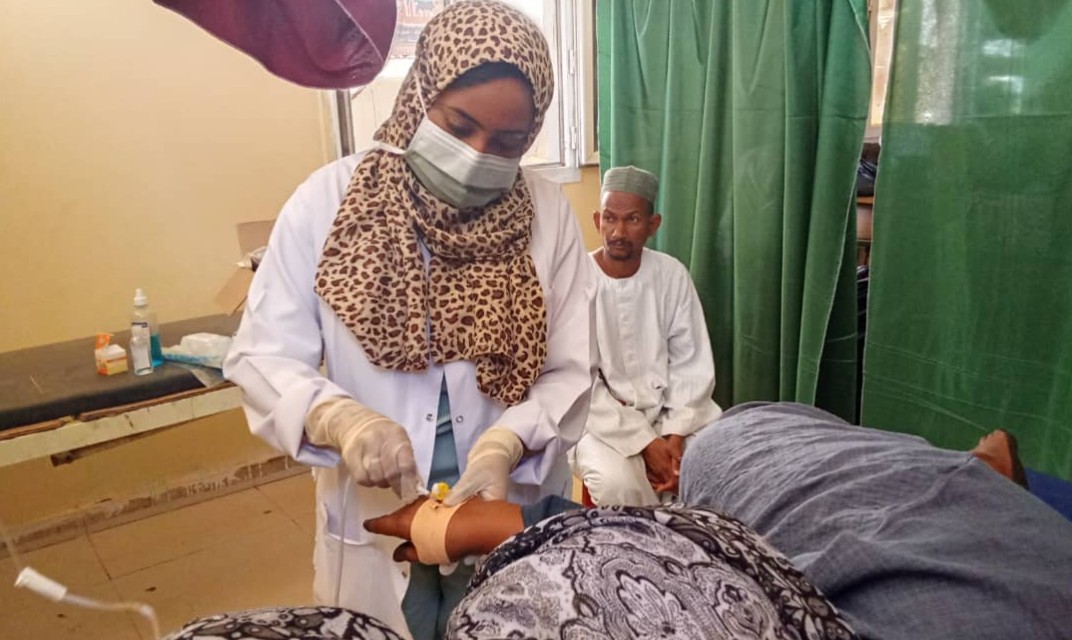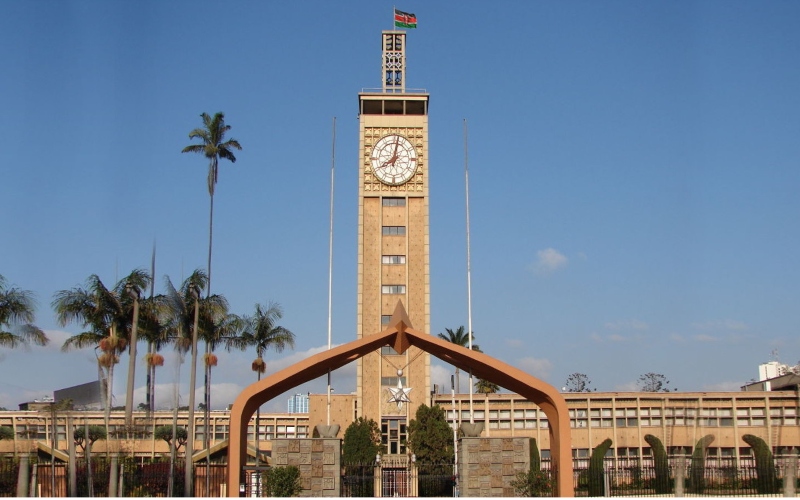Cholera outbreak in Sudan kills 172, infects over 2,500 as MSF warns of escalating crisis

Reports indicate that the majority of the cases were recorded in Khartoum and Omdurman, with additional cases reported in other parts of the country.
Approximately 172 people have died and over 2.500 have been infected following a cholera outbreak in Sudan last week.
Reports indicate that the majority of the cases were recorded in Khartoum and Omdurman, with additional cases reported in other parts of the country.
More To Read
- Sudan: Kordofan cannot become ‘another El Fasher,’ UN rights chief warns
- Sudan’s crisis deepens with communities trapped in ‘siege conditions’
- Somalia welcomes first group of Sudanese students under new scholarship programme
- ‘I have to talk about it' - rape and terror sparks mass migration in Sudan
- Sudan army makes major gains in South Kordofan, retakes key villages from SPLM-N
- Sexual violence driving mass flight from Sudan to South Sudan: What you need to know
According to Doctors Without Borders, or Médecins Sans Frontières (MSF), Sudan does not have the necessary medical infrastructure in place to handle the outbreak.
According to the Sudan coordinator for MSF, Joyce Bakker, the NGO has treated nearly 2,000 suspected cholera cases over the past week, following the outbreak that began in mid-May.
"We don't know the true scale of the outbreak, and our teams can only see a fraction of the full picture," said Bakker in a statement, further urging the need for international intervention.
In March, MSF reported that 92 people had died of cholera in Sudan's White Nile State, where 2,700 cases had been recorded since late February.
Scarce water supply
Sudan's Health Minister has linked the outbreak in Khartoum to the return of residents who had previously fled due to continued fighting between the Sudanese Army and the Rapid Support Forces, a situation that has put immense pressure on the city's scarce water supply.
According to the World Health Organisation (WHO), cholera is an acute diarrheal infection caused by consuming food or water contaminated with the bacterium Vibrio cholerae.
"Cholera can cause severe acute watery diarrhoea, which can be fatal within hours if untreated. Most people infected with V. cholerae do not develop symptoms but can spread the bacteria through their faeces for 1-10 days," reads the WHO website.
"Symptoms appear 12 hours to 5 days after infection. Most people with the disease have mild or moderate symptoms. A minority of patients develop severe acute watery diarrhoea and life-threatening dehydration."
Access to safe water, basic sanitation and hygiene is essential to prevent cholera and other waterborne diseases, according to the WHO.
"Preventing and controlling cholera involves a combination of strengthening surveillance, improving water, sanitation and hygiene, increasing risk communication and community engagement, improving access to quality treatment and implementing oral cholera vaccine campaigns," says WHO.
Top Stories Today












































